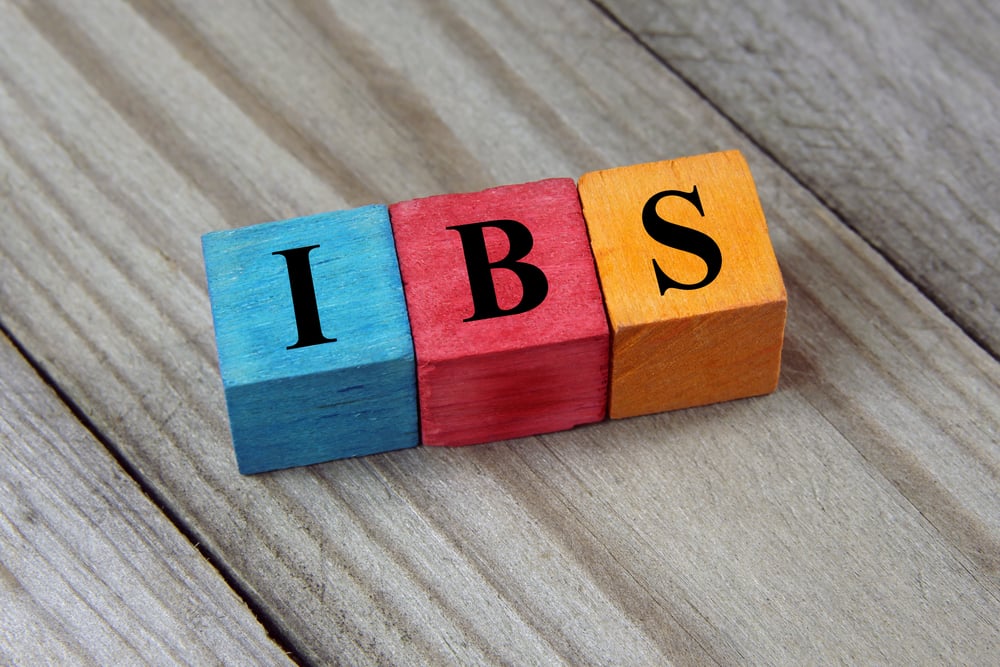Irritable bowel syndrome, or IBS, is a disorder that manifests when the large intestine malfunctions. Other names for this condition include nervous indigestion, spastic colitis, and intestinal neurosis. Symptoms of IBS are abdominal pain, bloating, diarrhea, and constipation. Although irritable bowel syndrome cannot be cured, it can be treated.
Below are a few ways you can help treat IBS.
Change Your Diet
Since IBS is sometimes caused by not eating enough fiber, consuming more plant food is often effective. Add fiber foods to your diet, but do it gradually to avoid creating gas and triggering symptoms of IBS. Make eating 20 grams of fiber a day your goal. Also, stay away from gluten, and follow the FODMAP diet. Other foods to avoid include milk, cheese, ice cream, drinks containing caffeine, soda, alcoholic beverages, and certain fruits and vegetables.
To find out what other foods you may want to avoid eating, write down the names of the foods you consume every day. Record your reaction to them and note the symptoms you experience and the time that they appear. When you find foods that cause you distress, eliminate them from your diet. Also, eat smaller meals since large amounts of food can trigger abdominal pain and diarrhea.
In addition, drink enough water throughout the day. It is especially important that you drink more water if you have diarrhea. Diarrhea can cause dehydration.
Take Medication Recommended by Your Doctor
Your doctor may tell you to take certain medications to ease your symptoms. If you have diarrhea, loperamide, rifaximin, eluxadoline, or alosetron may be recommended. If constipation is a symptom, your doctor may advise you to take fiber supplements, laxatives, lubiprostone, linaclotide, or plecanatide. Medications you could be advised to take for abdominal pain are antispasmodics, antidepressants, or peppermint oil capsules.
Take Probiotics if Your Doctor Makes This Suggestion
The doctor you see for help with IBS may recommend that you take probiotics. Take them if your healthcare practitioner thinks you should. Probiotics contain microorganisms that are good for your health. Do not take probiotics or medication without your doctor’s approval, however. If you are told to take probiotics and you decide that you will, find out what the side effects could be and what you should do in the event you have side effects.
Avoid Stress
Stress can aggravate symptoms of IBS, so do what you can to eliminate it. Exercise more to manage tension, but talk to your doctor before you become more physically active to find out if your health permits it. You can also help prevent stress from triggering IBS symptoms by getting enough shut-eye, so don’t deprive yourself of sleep. Training yourself to relax will help decrease stress, too.
Go for Cognitive Behavioral Therapy
Cognitive Behavioral Therapy, or CBT, is a type of psychotherapy that encourages a change in thought and behavior. It focuses on changing a person’s response to the anxiety associated with the symptoms of IBS.
Have Hypnotherapy
Another name for hypnotherapy is hypnosis. The National Center for Complementary and Integrative Health states research has been conducted on the use of hypnosis for IBS, anxiety, and other health conditions. When hypnotherapy is used to treat IBS, the person being hypnotized reaches a state of consciousness that helps him or her imagine the symptoms of this disorder disappearing. The therapist uses suggestions to help make the symptoms better.
The symptoms of IBS may be uncomfortable, but you have the power to ease these symptoms. Use the 6 tips listed above to treat your IBS. The majority of people who have this condition are able to alleviate their symptoms by changing their diet, taking medication, and relieving the stress they experience.









